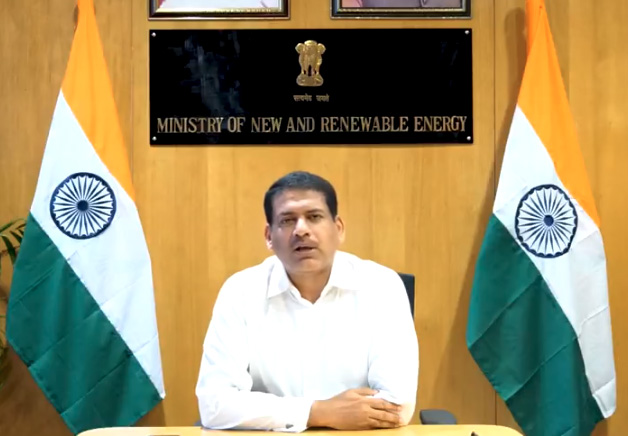New Delhi: On the occasion of World Biofuel Day, the Ministry of New and Renewable Energy (MNRE) reaffirmed its dedication to sustainable energy solutions, highlighting the success of its Waste to Energy Programme. According to MNRE Secretary, Shri Santosh Sarangi, the initiative is a cornerstone of India’s commitment to a circular economy, emission reduction, and a clean energy future.
The program focuses on converting various waste streams, including urban, industrial, and agricultural residues, into Compressed Bio Gas (CBG) and other valuable energy resources. This process not only addresses the growing challenge of waste management but also creates a domestic source of clean fuel, reducing India’s dependence on fossil fuels.
“The Waste to Energy Programme is a perfect example of how we can turn a problem into a solution,” said Secretary, MNRE, Shri Sarangi. “By converting waste into CBG, we are not only cutting down on harmful emissions from landfills but also creating a robust and sustainable biofuels ecosystem that empowers our communities and supports our national clean energy goals.”
The MNRE’s approach is multi-faceted, providing Central Financial Assistance (CFA) to project developers to establish biogas and CBG plants. The Ministry has recently revised its guidelines to simplify procedures and expedite financial assistance, making it easier for both private and public sector players to participate. This includes a performance-based system for releasing CFA, which provides greater financial flexibility to developers.
The program is a key component of the larger National Bioenergy Programme, which aims to promote waste-to-energy, biomass, and biogas projects with a significant budgetary outlay. It also encourages the production of organic bio-manure as a valuable byproduct, promoting sustainable agriculture and soil health.
By creating a transparent and streamlined application process through its Bio-Urja portal, MNRE is fostering a business-friendly environment that is crucial for the growth of the biofuel industry. This comprehensive strategy, combined with a focus on innovation and research, positions India to make significant strides in achieving its net-zero emissions target by 2070.


